Breaking Down the Myth of ‘It Could Never Be My Child’—A Reflection for Every Parent
Every parent wants to believe their child is immune to danger, that their upbringing, guidance, and love have created an impenetrable shield around their precious one. Yet life has a way of shattering illusions with heart-stopping moments—those flashes of near-tragedy that linger in the mind like ghostly warnings. From the teenager darting into traffic on a scooter to the distracted driver whose text ends in irreversible loss, these aren’t just hypothetical scenarios. They are real-life tragedies that beg a sobering question: Are we doing enough to prepare our children for the consequences of their own choices?
The Foundation of Safety Begins Early

A Young Child crossing the road
The lessons that save lives aren’t learned in a single day—they are ingrained through repetition, starting from the earliest years. Before kindergarten, children should already understand some fundamental rules that serve as their first line of defense against harm:
- Strangers are not friends. The concept of “stranger danger” must be drilled into young minds. No rides from unfamiliar people, no accepting candy, and no following enticing promises like puppies into secluded areas. These simple rules can prevent abductions and other dangers.
- Crossing the road isn’t a game. Teaching children to look left-right-left before crossing the street is not just a precaution; it’s a survival skill. This habit must become second nature, ensuring they don’t dart into traffic without thinking.
- Doors stay closed. Children must understand that no one enters the home without parental permission—not even seemingly harmless individuals like neighbors. This rule safeguards against intrusions and potential harm.
These lessons may seem basic, but they are critical building blocks for safety awareness. They are the first steps toward creating a mindset where caution becomes instinctive.
The Stakes Rise with Age
As children grow into teenagers, their world expands—and so do the risks they face. Adolescence brings with it a dangerous cocktail of curiosity, peer pressure, and an undeveloped sense of invincibility. The teenage brain often whispers, *”You’re untouchable,”* while reality screams otherwise.
Consider the reckless scooter ride into traffic: it’s not just about *their* life. It impacts everyone around them—the driver who narrowly avoids tragedy but lives with the fear of what could have been; the emergency responders who witness gruesome outcomes; and families left grieving over what might be dismissed as a “stupid mistake.” These moments remind us that every choice our children make has ripple effects far beyond themselves.
The Illusion of Invincibility
Teenagers often operate under the belief that nothing bad will happen to them—a mindset fueled by their still-developing prefrontal cortex, which governs decision-making and impulse control. This illusion can shatter in seconds when faced with real-world consequences.
Take distracted driving as an example: A single text message can change lives forever. Imagine a mother pleading for her children’s safety as another driver insists their text “can’t wait.” In that split second, lives hang in the balance—a stark reminder that distraction behind the wheel is not just dangerous; it’s deadly.
Parents must teach their teens:
- Hand over the phone while driving. Encourage them to let passengers handle texts or calls so they can focus entirely on the road.
- Pull over when necessary. No message is worth risking lives.
- Understand that drinking, driving, and distraction aren’t rites of passage—they’re death sentences waiting to happen.
These lessons aren’t just about avoiding accidents; they’re about instilling respect for life—their own and others’.
When Consequences Are Irreversible
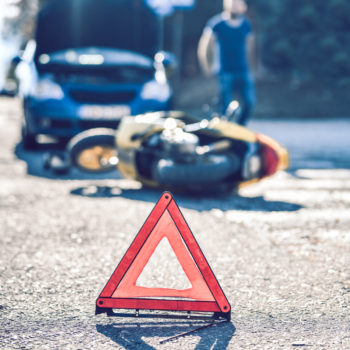 Some lessons can only be learned through experience—a minor burn teaches caution around stoves; a scraped knee reminds kids to watch where they’re running. But when consequences involve paralysis or death, there’s no room for error. Streets don’t forgive reckless behavior. Distractions don’t apologize for devastation caused. And death doesn’t care about youthful invincibility.
Some lessons can only be learned through experience—a minor burn teaches caution around stoves; a scraped knee reminds kids to watch where they’re running. But when consequences involve paralysis or death, there’s no room for error. Streets don’t forgive reckless behavior. Distractions don’t apologize for devastation caused. And death doesn’t care about youthful invincibility.
This is why parents must act proactively rather than reactively. Waiting for tragedy to strike before addressing risky behavior is too late.
Why This Isn’t Fearmongering
Some may dismiss these warnings as overly dramatic or fear-driven, but they are far from it—they are lifelines designed to protect children from preventable harm. The goal isn’t to scare them into submission but to equip them with tools to navigate life safely and responsibly.
A child’s future depends not only on avoiding danger but also on respecting the fragility of every life they encounter:
- The driver they cut off in traffic.
- The pedestrian they fail to notice.
- The friends trusting them to make safe choices.
Parents must ask themselves: *Will my child hear my voice in their head when faced with risky decisions? Or will silence—my silence—leave them unprepared?*
Practical Steps for Parents
To ensure your child grows up with safety as second nature:
- Start early: Teach foundational rules like stranger danger and road-crossing habits before kindergarten.
- Reinforce lessons consistently: Don’t assume once is enough—repeat safety guidelines until they become reflexive.
- Adapt teachings as they grow: Address age-specific risks like distracted driving or peer pressure around alcohol and drugs.
- Model responsible behavior: Children learn by example—show them what safe practices look like in everyday life.
- Create open dialogue: Encourage your child to discuss their fears, questions, or experiences without judgment.
The Cost of Ignoring Safety
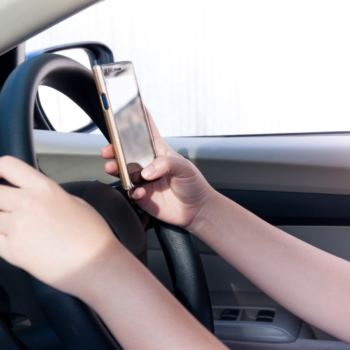
Texting While Driving
For every parent who believes “It could never be my child,” there’s another parent mourning a loss they thought impossible. Tragedy doesn’t discriminate—it strikes without warning and often targets those least prepared.
As parents, our love for our children is boundless, and it’s only natural to want to protect them from every bump and bruise life might throw their way. We pour ourselves into their lives—chauffeuring them to soccer practice, ballet lessons, piano recitals, and movie nights—until we’re left exhausted and overwhelmed. But in our quest to shield them from harm, we often forget a bittersweet truth: one day, they’ll have to navigate the world on their own. We won’t always be there to hold their hand, to drive them safely home, or to remind them of the right choices. And while that thought may tug at our hearts, it’s also an opportunity—a chance to prepare them for life beyond our watchful eyes. Whether they choose to ride a bike, hop on a bus, walk with friends, take a ride with friends or take a leap into independence in their own way, we can give them the tools they need. Teach them the rules of the world. Show them how to be safe and smart without mom and dad by their side. Because the greatest gift we can give our children isn’t just protection—it’s confidence in themselves and their ability to thrive when we’re not there.
The stories we hear—the teenager who didn’t check twice before crossing; the young driver whose text ended lives; the child abducted because they trusted a stranger—are not just statistics. They are reminders of what happens when we fail to arm our children with knowledge and caution.
A Plea for Action
There comes a time when your child must step out into the world on their own, and while it’s natural to want to protect them, you have to trust that the values and lessons you’ve shared have taken root. This isn’t about hovering or holding their hand—it’s about recognizing the importance of preparing them for life’s challenges. It’s not about judging your parenting; it’s about understanding the urgency of equipping them to navigate the world with confidence and resilience.
For your child’s sake, start today:
- Drill safety rules until they’re second nature.
- Repeat warnings until common sense becomes instinctive.
- Teach respect for life—not just theirs but everyone’s…
because once tragedy strikes, there’s no going back. The world won’t pause to teach your child when danger arises—it will simply move forward, leaving behind irreversible consequences.
So don’t let your child’s story end with “If only.” Take action now—for their sake, for yours, and for everyone whose lives they touch along the way.
—–
This reflection serves as both a wake-up call and a guide for parents who want to ensure their children are equipped to navigate life’s dangers responsibly. It challenges us all to rethink our approach to parenting—not as an act of sheltering but as one of empowering through preparation and vigilance.

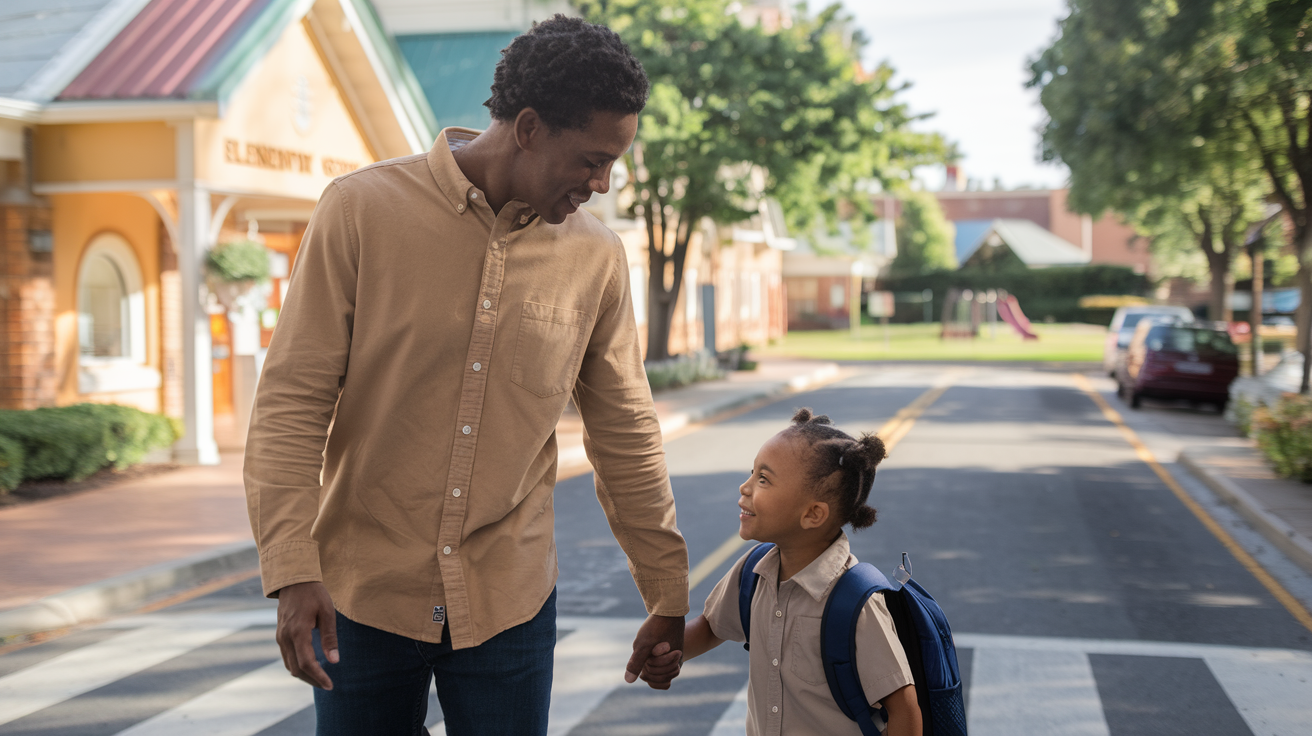

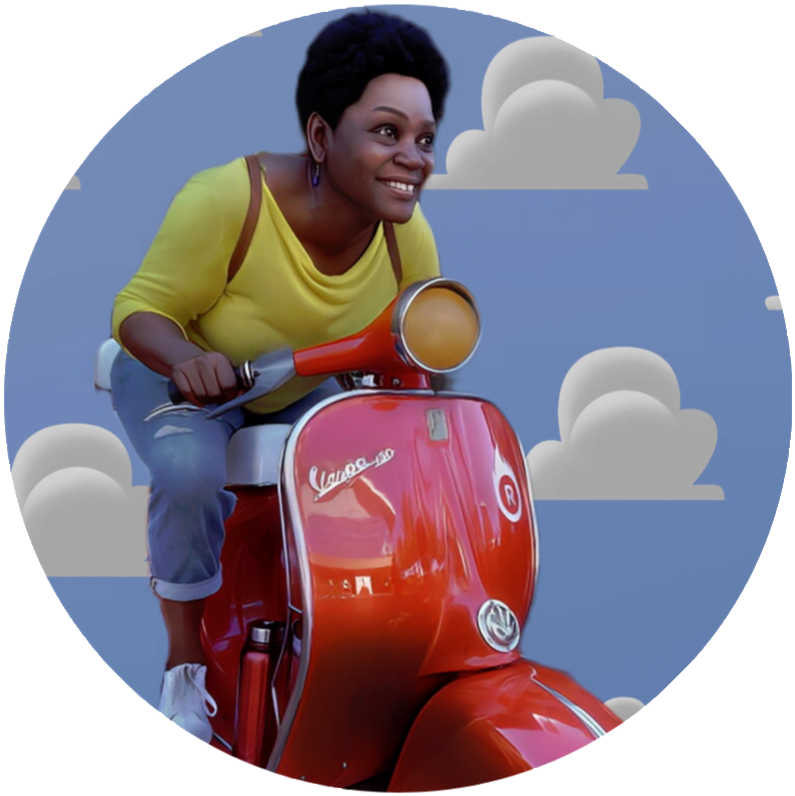
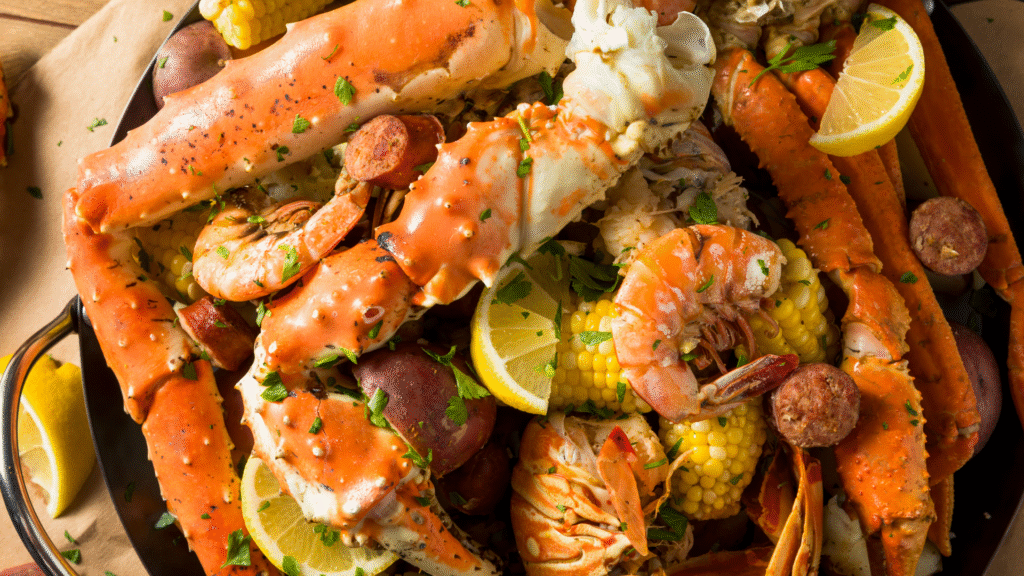










0 Comments